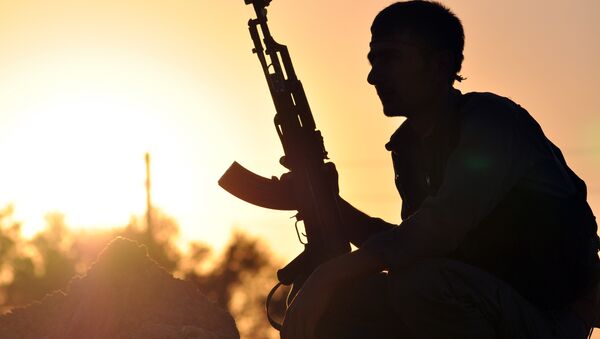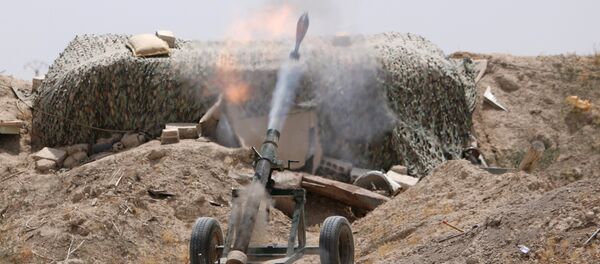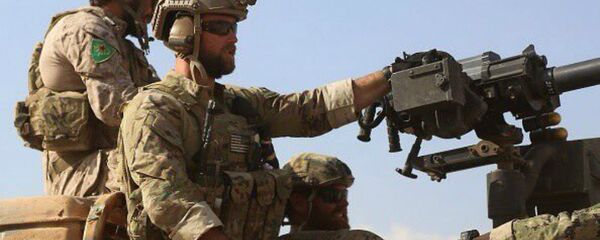US leadership has already reversed its approach to Russia, Dr. Josef Braml told Speigel Online. Still, the restrictive measures the West imposed on Moscow following Crimea's reunification with Russia and the outbreak of the Ukrainian civil war will not be removed soon.
"Washington needs to save its face, but the signs [that they will be lifted] are already there. The West is already preparing new lucrative offers like Angela Merkel's recent initiative to create a single economic space from Vancouver to Vladivostok," he said.
For Braml, this is the trend and it will not change, regardless of who becomes the next US president. Sceptics might not be convinced, but the signs that Russia and the US are growing closer to each other are already there. Syria is a fine case in point.
True, Moscow and Washington have brought positive change to the war-torn Arab country; they helped a nationwide ceasefire come into effect, launched the peace talks, delivered humanitarian aid and pushed Daesh into retreat. Russian and American defense officials and diplomats have kept in touch, which is also an achievement in itself.
At the same time, both countries find it hard to reach common ground on how to address some challenges sparked by the Syrian crisis. Major points of contention include the fate of al-Assad and the issue if a "moderate" Syrian rebel is capable of existing.

"We had every chance to reach an agreement on all issues, set the record straight and start working in earnest, but our American partners have used bogus reasons to delay making decisions up to a point where these decision no longer matter," a high-ranking source in the General Staff of the Russian Armed Forces told the Kommersant newspaper.
Washington, the source added, received a detailed list from Moscow that mentioned the groups' exact location and size among other things. For its part, information provided by the US was vague. Washington singled out 268 brigades, but did not specify how many fighters each of them had or where they were located.
Russian experts managed to identify only 138 groups out of 268 listed by the US. Some of those turned out to be jihadists.
"Our American colleagues have promised us since February that their representatives in Syria will convince patriotic opposition groups to sever their ties with al-Nusra Front," the source detailed. "And it still has not happened."





